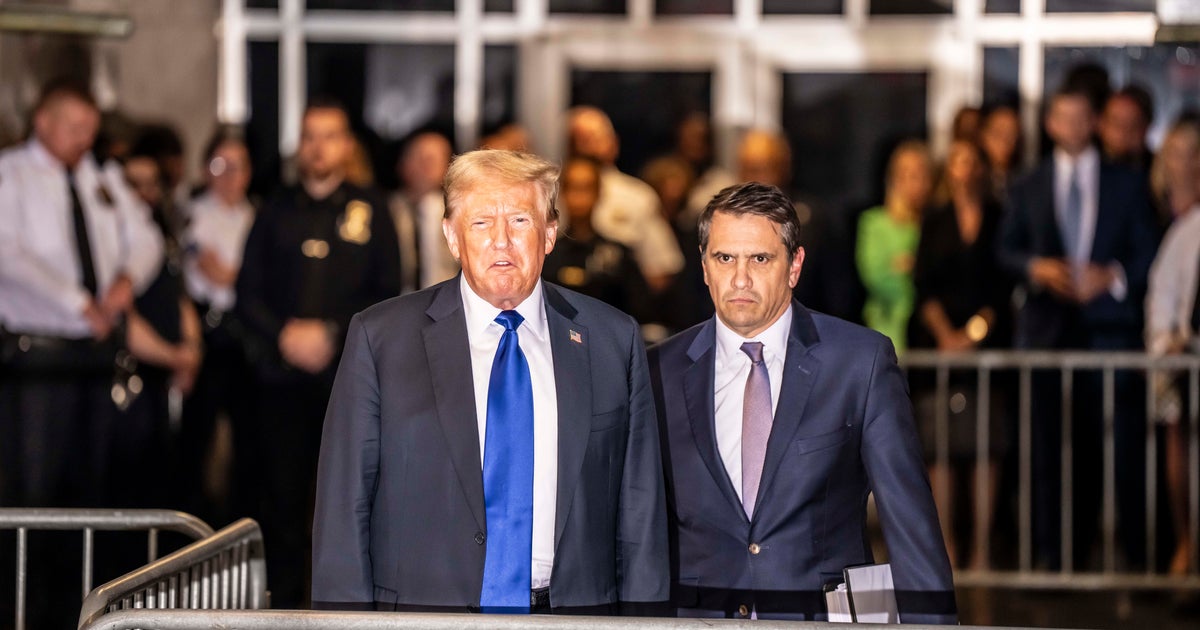Dilemma for Democrats as Neil Gorsuch is nominated to Supreme Court
President Trump’s nomination of Judge Neil Gorsuch to the Supreme Court presents a dilemma for Democrats, according to David Boies, an attorney who has argued landmark cases before the high court.
“You have somebody who is a brilliant legal mind, somebody who if you had an academic test for judges would pass all those tests. On the other hand, he is not in what I believe to be the mainstream of judicial thought. And one of the things we learned from Judge [Merrick] Garland is that it’s not enough to be a brilliant judge. It’s not enough to be a great judge. If that were true, there wouldn’t be a vacancy. Judge Garland would be in that seat,” Boies, chairman of law firm Boies, Schiller & Flexner, said Wednesday on “CBS This Morning.”
Senate Republicans blocked Garland from getting a hearing for 10 months, killing his chances of confirmation so that President Obama’s successor could nominate a replacement.
Nominated almost a year after the death of Justice Antonin Scalia, Gorsuch has served more than 10 years on the 10th U.S. Circuit Court of Appeals in Denver and is considered to be a conservative judge. Harvard and Oxford-educated, Gorsuch was confirmed to the appeals court in 2006 without opposition.
Boies, who helped lead the legal fight to overturn California’s gay marriage ban and paved the way for marriage equality, said Gorsuch’s ideology is “probably comparable” to Justice Scalia’s, “maybe even a little more conservative on some issues.”
Gorsuch will need to get past Senate Democrats, however, who are still furious that Republicans blocked Garland’s Supreme Court nomination. But according to CBS News congressional correspondent Nancy Cordes, some Senate Democrats have expressed skepticism but not outright opposition.
“I’m troubled by his stance on privacy rights, particularly women’s health care, worker and consumer protections, public health and safety. I’m going to continue to review his record,” Connecticut Sen. Dick Blumenthal said.
If Democrats try to block the nomination, GOP leaders could decide to exercise what’s called the “nuclear option” and abolish the filibuster, inflaming partisan tensions even further.
Despite the divide between the two parties over the confirmation process, Boies is convinced it will not come down to “tit for tat.”
“I think what is important for the Supreme Court is that you do have ideological balance,” Boies said. “You can’t have a rule that only Republican presidents get to appoint Supreme Court justices and the Democrats have to accept whoever the Republican puts up. I think it’s unfortunate.”
Boies said there have to be the same rules for both Republicans and Democrats. Without it, “you don’t have balance on the Supreme Court.”



